Streamlining Client Communication with Automated Legal Documents
In the dynamic landscape of legal practice, the pursuit of efficiency and client satisfaction has become more critical than ever. Law firms, constantly adapting to new challenges, are now turning to innovative solutions to streamline their operations while delivering exceptional services. One such solution gaining traction is the automation of routine legal documents. By leveraging technology to handle repetitive tasks, law firms can not only save time but also enhance client communication and satisfaction.
Written by Knowledge Team, posted on January 22, 2024
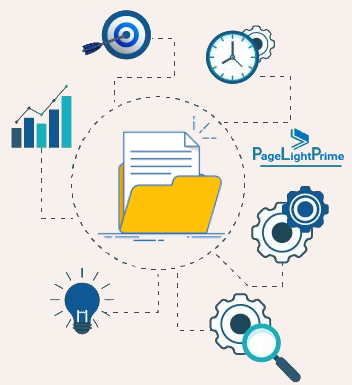
The Challenge of Manual Document Preparation
Traditionally, legal professionals spend a significant amount of time drafting routine documents such as contracts, agreements, and forms. This manual process is not only time-consuming but also prone to human error. Additionally, the time spent on routine paperwork could be better utilized in delivering personalized and strategic legal services to clients.
Embracing Automation for Efficiency
Automating legal document preparation involves the use of specialized legal document automation software that can generate documents based on predefined templates and client-specific information. This not only accelerates the document creation process but also ensures accuracy and consistency. Law firms can create a library of standardized templates for various legal documents, reducing the need to start from scratch for each new case.
Enhancing Client Communication
One of the significant advantages of automated legal documents is the improvement in client communication. Clients often appreciate prompt and clear communication from their legal representatives. With automated document generation, law firms can quickly provide clients with the necessary paperwork, updates, and information. This not only fosters transparency but also keeps clients informed about the progress of their cases.
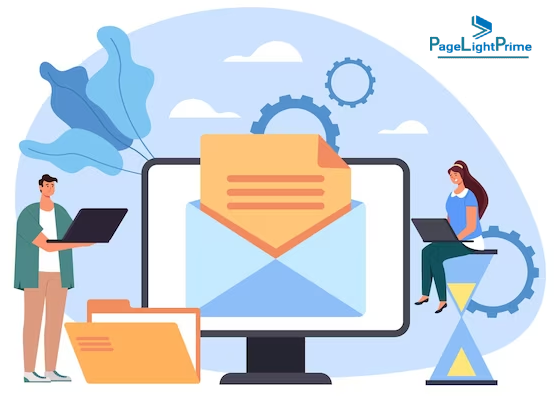
Personalized Services Take Center Stage
By automating routine legal documents, law firms can redirect their focus towards delivering personalized and strategic legal services. Attorneys can spend more time understanding their clients’ unique needs, providing tailored advice, and developing effective legal strategies. This shift from administrative tasks to client-centric services can significantly enhance the overall client experience.
Increasing Efficiency and Reducing Costs
The implementation of automated legal document generation results in increased operational efficiency. Legal professionals can handle a higher volume of cases without compromising on the quality of their work. This efficiency not only benefits the law firm but can also lead to cost savings, which can be passed on to clients in the form of more competitive fee structures.
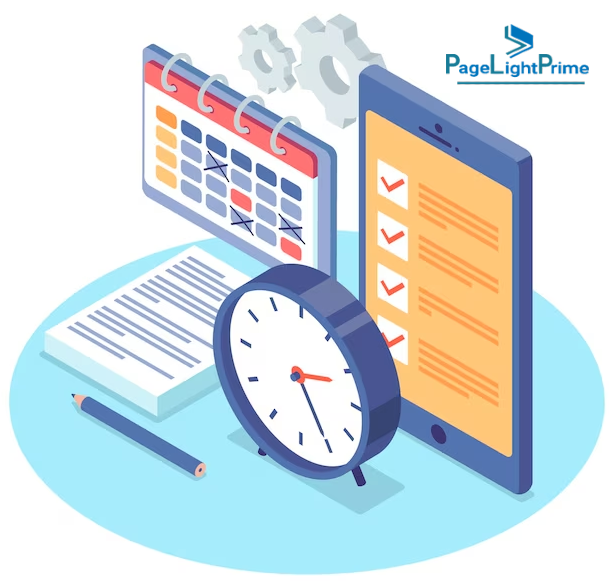
Examples of Documents to Automate
To put the concept into perspective, here are examples of documents that law firms can automate to enhance efficiency and client satisfaction:
Standard Contracts and Agreements
- Employment contracts
- Lease agreements
Non-disclosure agreements (NDAs)
- Service agreements
- Client Intake Forms:
Initial consultation forms
- Client information forms
- Conflict of interest forms
- Legal Letters and Notices:
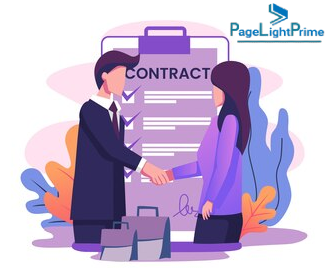
Demand letters
- Cease and desist letters
- Notice of default letters
- Court Forms and Filings:
Summons and complaint forms
- Motions and pleadings
- Court appearance notices
- Power of Attorney Documents:
General power of attorney
- Limited power of attorney
- Healthcare power of attorney
- Wills and Estate Planning Documents:
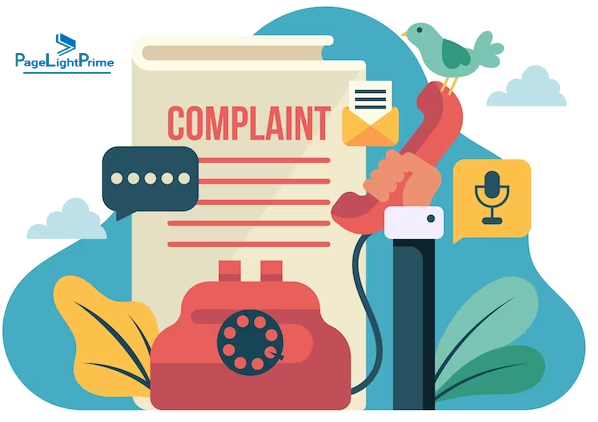
Last will and testament
- Living wills
- Revocable living trusts
Real Estate Documents
- Deeds and conveyances
- Purchase agreements
- Closing documents
Corporate and Business Documents
- Articles of incorporation
- Bylaws
- Shareholder agreements

Financial Documents
- Promissory notes
- Loan agreements
- Financial disclosure forms
Family Law Documents
- Divorce petitions
- Child custody agreements
- Spousal support agreements
Intellectual Property Documents
- Trademark applications
- Copyright assignments
- Licensing agreements
Compliance Documents
- Privacy policies
- Terms of service agreements
- Compliance certificates
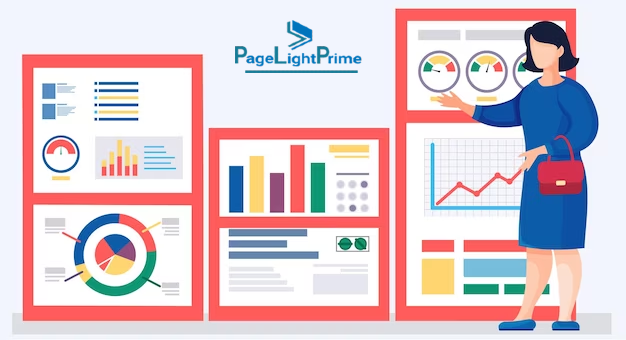
Automating the generation of these documents allows law firms to customize templates based on specific client information, ensuring accuracy and consistency. This not only saves time for legal professionals but also enables faster delivery of documents to clients, enhancing overall communication and client satisfaction.
Document Management and Collaboration
Assembled documents generated through automation can be seamlessly stored in Legal Document Management Software. This integration enhances collaboration within the legal team, as members can access and work on documents collaboratively. Legal DMS ensures version control, document security, and easy retrieval, further optimizing the workflow and facilitating a more streamlined client experience.
Conclusion
As law firms continue to embrace automation, they are poised to create a more efficient and client-centric practice, ultimately contributing to higher levels of client satisfaction and success. The integration of Legal DMS for document management and collaboration adds another layer of efficiency, ensuring that legal professionals can focus on delivering high-quality, personalized services while providing clients with a seamless and transparent experience throughout their legal journey.
